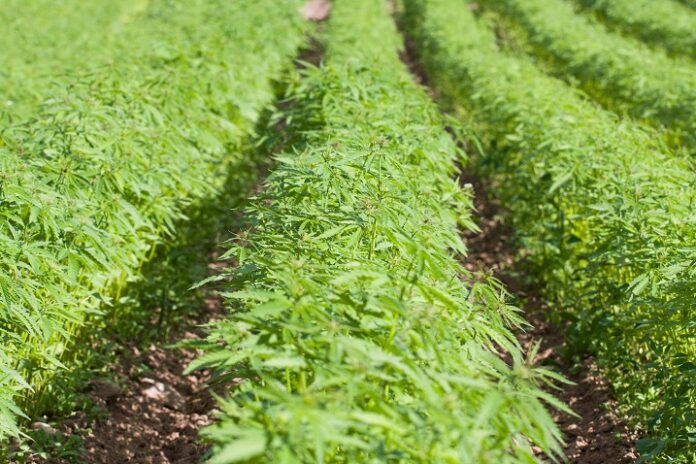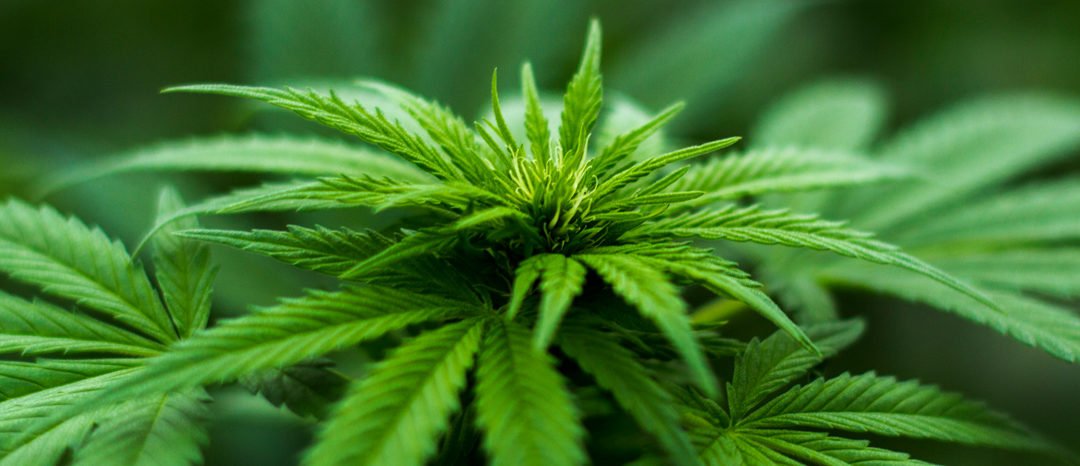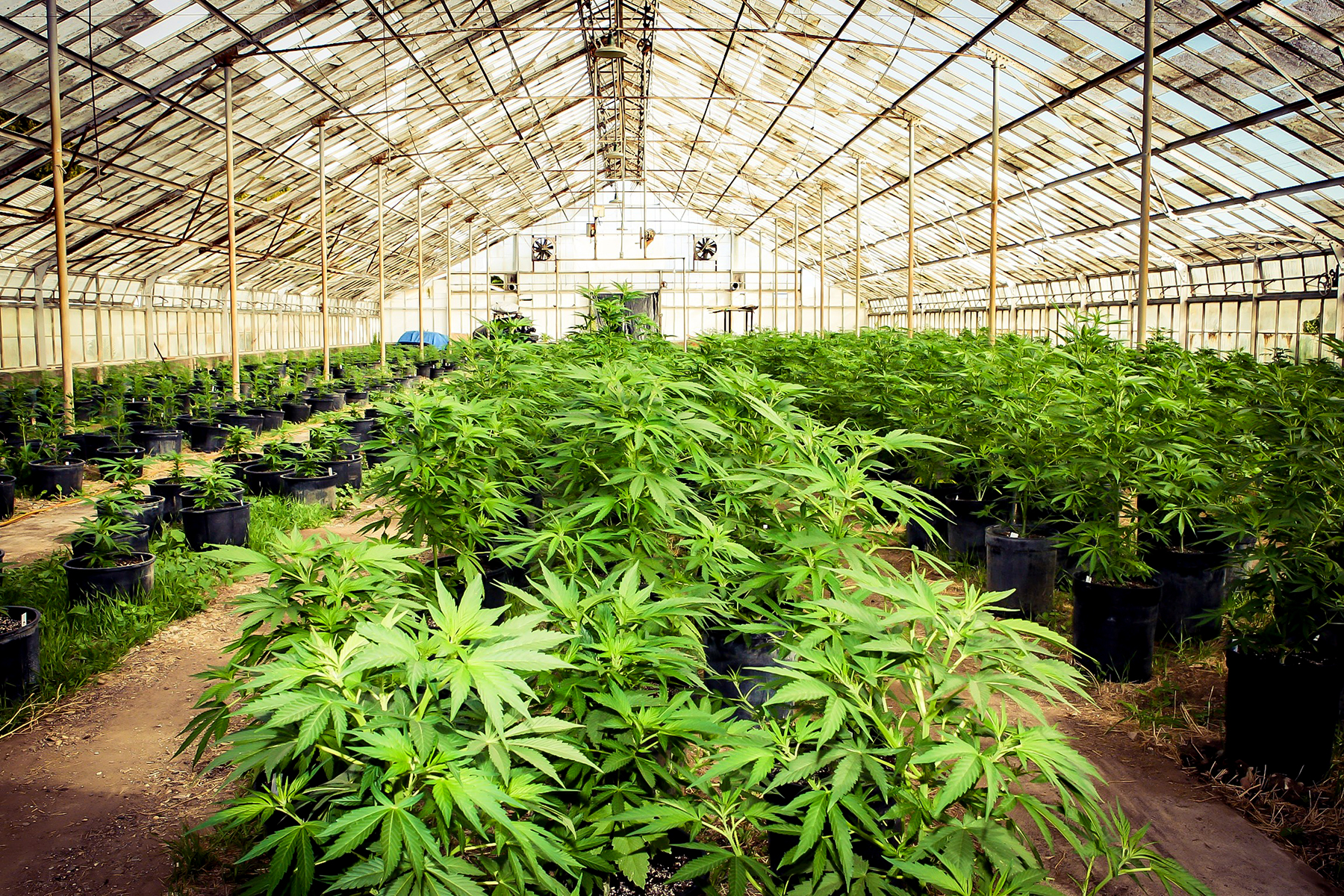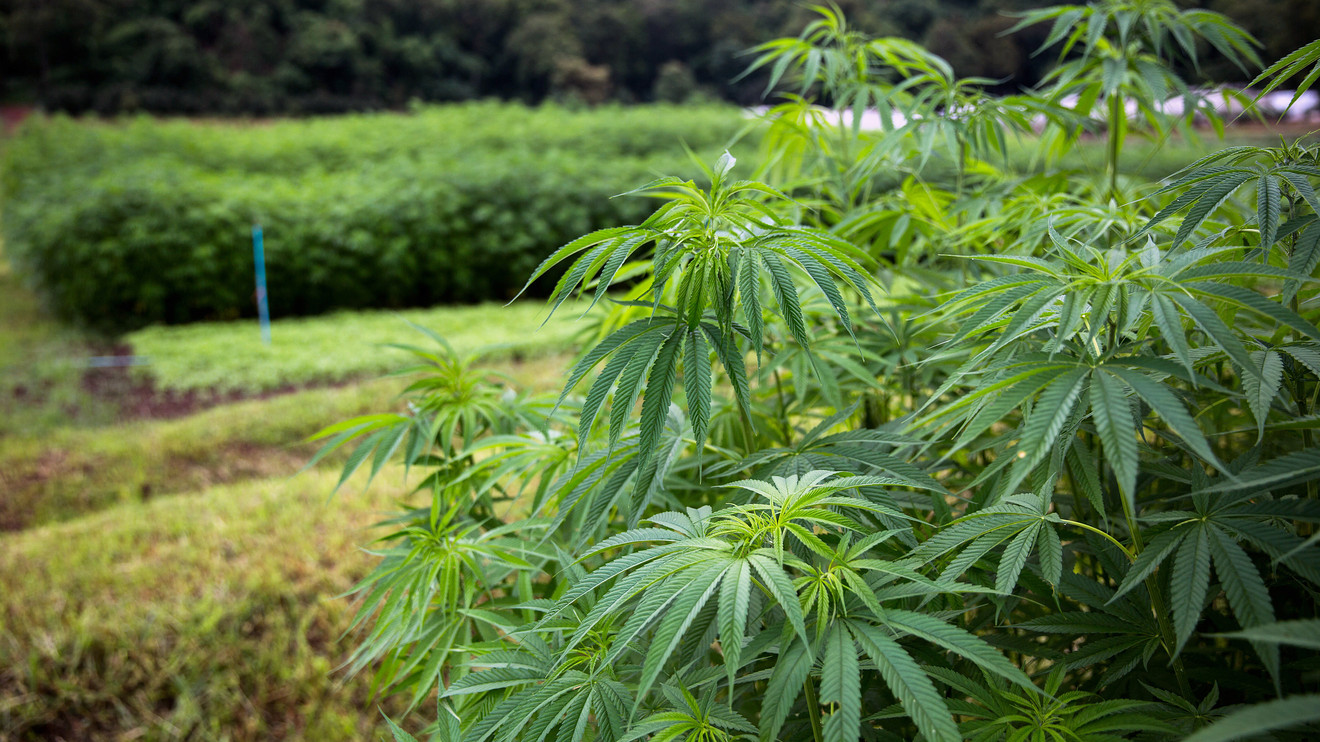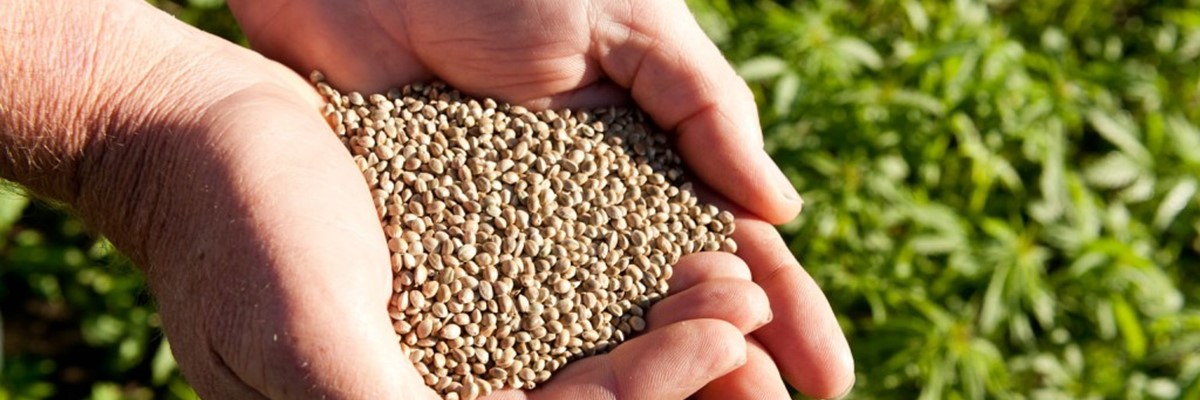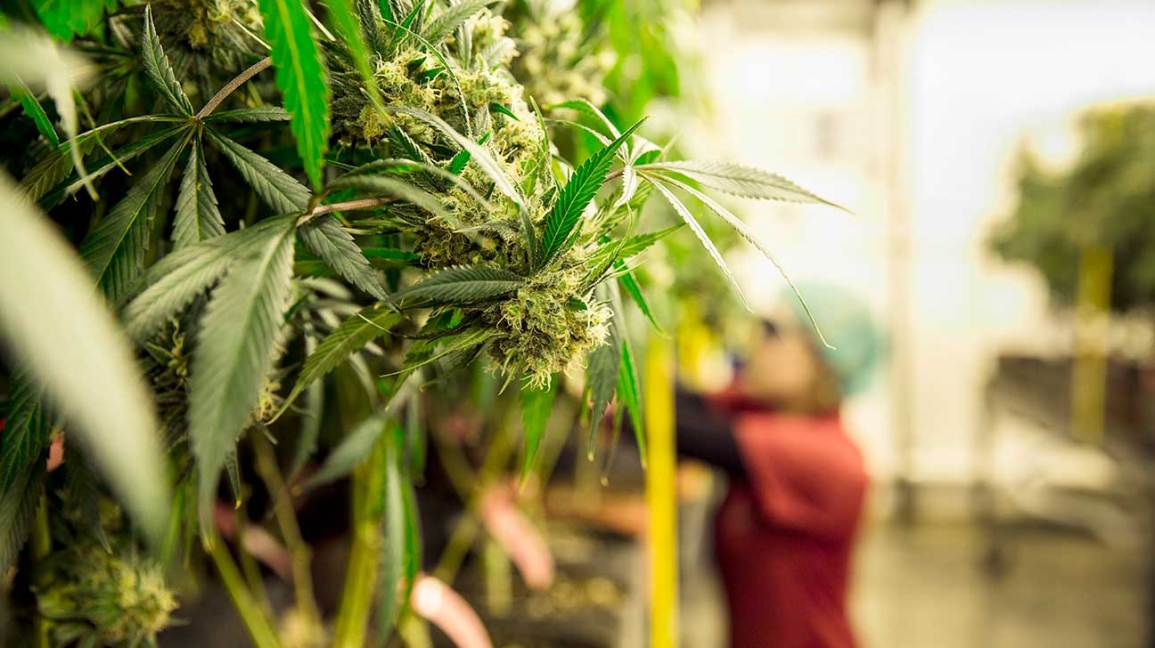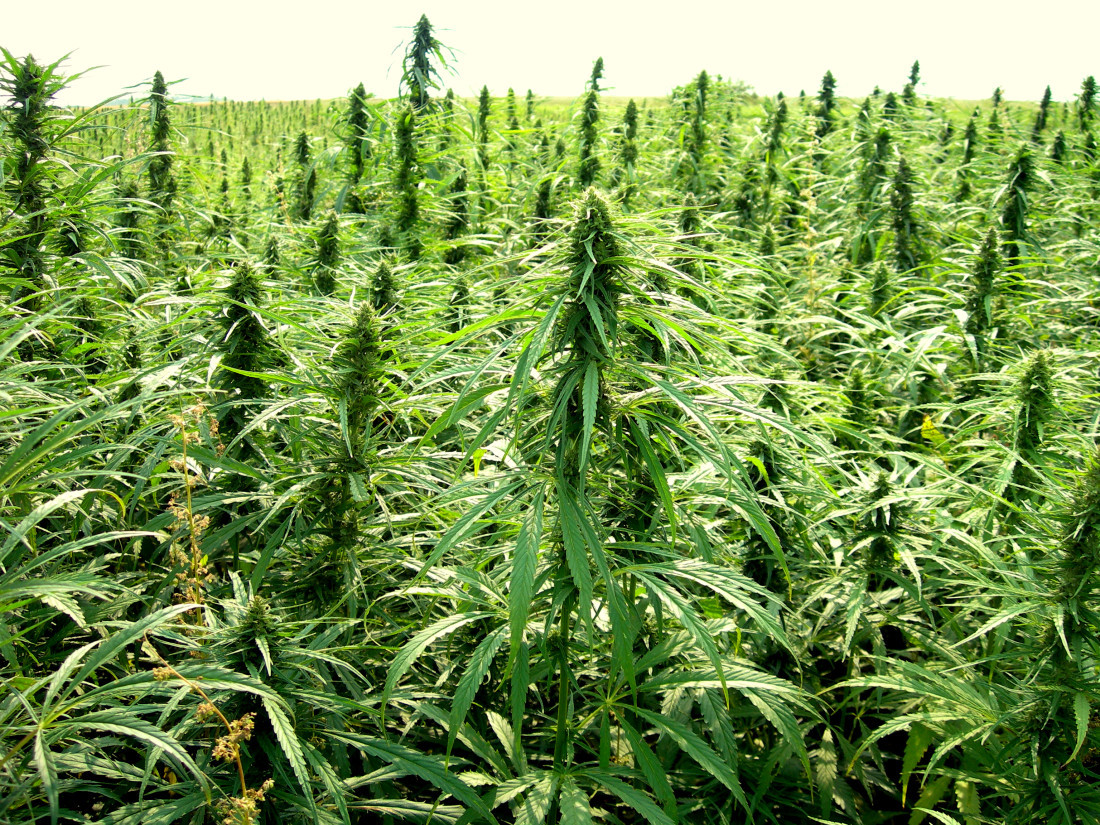Hemp is perhaps one of the most controversial plants of the 21st century. Also known as Cannabis, Marijuana, and Weed, Hemp has earned a bad reputation despite its differences when compared to high THC (tetrahydrocannabinol) strains of cannabis, known for their mind-altering effects. Low THC Hemp also has much more potential for industrial uses due to less regulations affecting cultivation.
Hemp plants contain two famous compounds: Tetrahydrocannabinol (THC) and Cannabidiol (CBD). Both of these compounds have distinct but very different effects on human physiology. Tetrahydrocannabinol (THC) is what gives cannabis its bad rep and can potentially result in cannabis addiction. This compound has psychoactive effects which gives its users a mind-altering high. The “high” also makes THC-rich Hemp a popular recreational drug that is sought after by many. On the other hand, Cannabidiol (CBD) is different. It does not give its users a mind-altering high. This compound is known for its medicinal properties, especially it’s relaxing effects and its anti-inflammatory benefits. It’s also used as a cosmetic product, since CBD can be extracted and infused. There are many products such as CBD mouth spray, CBD creams, and bath soaps, etc.
Hemp’s industrial uses have made it one of the best crops to grow. It grows more vigorously than corn but with less resources (ie. water, pesticides, fertilizer). This makes it a more sustainable crop than any other known produce. It has over 25, 000 known uses, most of which are eco-friendly alternatives like raw material for livestock feed, biofuel production, paper, and textiles. Hemp is also used asa building material called hempcrete, an alternative for concrete.
Here Are Some Additional Benefits of Growing Hemp Plants.
-
Hemp Thrives Almost Anywhere
Unlike most crops, Hemp may be planted all year long. It thrives in most conditions. Hemp also grows well almost everywhere, thriving in any conditions except for extreme heat and cold. Hemp loves warm weather and grows the fastest in well-drained, fertilized soil. Once mature, Hemp plants can survive even a month-long drought.
-
Hemp Eliminates Carbon Pollution
The Hemp Plant is an eco-friendly plant. Studies have proven its effectiveness for sequestering carbon, thereby minimising the carbon emissions that agriculture brings, often called agricultural pollution.
-
Hemp Growing Can Be Scaled For Optimal Profits
Hemp Growing requires a lot of land area. Hemp is a crop that is used for industrial uses meaning that the market for Hemp buyers is large. You can scale your hemp growing farm to get bigger and bigger by planting additional acres.
-
Hemp is a Government-Controlled Plant
While this may sound like a negative thing instead of a positive, the other side of Hemp being strictly regulated is that there isn’t that much competition. Because of the legal paperwork and regular testing, many farmers get discouraged from growing hemp. However, with a bit of patience, you can easily start your own Hemp farm.
Note however that should the government find that your Hemp Plants have more than the accepted amount of Tetrahydrocannabinol (THC), they are mandated by the law to destroy them (and you may be prosecuted).
-
The Hemp Seed Market Is Limited
Again, this con has a silver lining. Due to the limited options on where to buy seeds, it also means less competition. The seeds should be certified to have low THC content. This would result in your plants also being low THC Hemp Plants.
-
Hemp Does Not Need Much Care
Hemp is an ideal plant for Farmers as it requires minimal labour and resources. The Hemp plant does not require as much water as most crops do. This means that farms do not have to create a complicated irrigation system. Hemp is also resistant to many pests and diseases meaning farmers do not have to spend on so much pesticides.
Hemp grows fast and is taller than weeds which minimizes the need for weed killers and labour. Hemp cultivation takes little time and resources, something that most farmers will see as a major positive.
-
Growing Hemp Can Be Profitable
The Hemp market can be profitable, recent analysis has found that profits can range from $130 to $730 per acre, a decent enough revenue for a crop that is still considered as Marijuana by misinformed people.
And finally, the hemp market is expected to grow 500% in the next 5 years, it’s not just the plants that grow fast!

